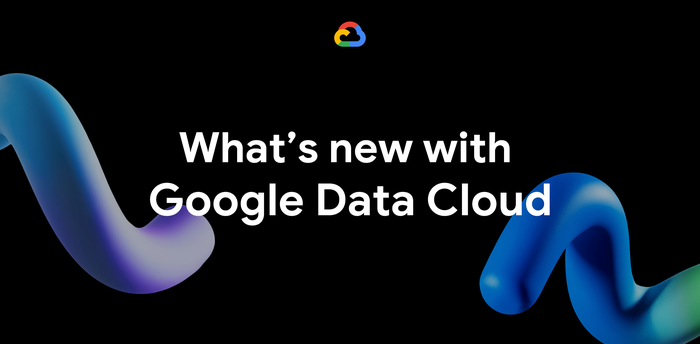How Procter & Gamble uses Google Cloud to improve consumer experience
Vittorio Cretella
CIO of Procter & Gamble
Editor’s note: In its more than 180 years of history, Procter & Gamble has been at the forefront of consumer insights and innovation. From soap operas to smart toothbrushes, P&G has specialized in consumer experience since the start. Here’s how they’re applying cutting-edge technology to the next century of consumer goods.
At P&G, our aspiration is to serve the world’s consumers with goods from baby and feminine care, grooming, home hygiene, and healthcare to beauty products and more. Consumer understanding and insights have always been essential for us, and in today’s highly connected world, we’re using technology to meet consumer needs through more personalized experiences, whether that’s through diapers or toothbrushes.
Advanced data analytics lets us offer consumers the best selection of products at their local stores and reach them on their preferred channels. We want to understand and serve our consumers better than anybody else, and data helps us do that. Beyond using data for descriptive and diagnostic purposes to understand what happens in our business and why, we’re using analytics to make predictions, such as the success of a promotion or the best product assortment by store clusters. During the pandemic, this capability helped manage spikes in demand across our supply chain.
How technology fuels innovation at P&G
Using cloud infrastructure offers a few essential capabilities: the capacity to store big amounts of data on demand, the tools and the machine learning libraries to work on that data, the means to ensure operational reliability, and the protection of data privacy.
At P&G, we believe in a multi-cloud environment as the way forward in modern technology. We maintain data across functional areas to serve many business use cases. About a year ago, we partnered with Google Cloud to store and analyze our brand and marketing information. Since then, we’ve been migrating our consumer information into a data lake. The data lake gives us a consistent, unified view of the consumer, and lets us create omni-channel consumer journeys. That means we can serve the right audiences at the right time with the right content on the right channels.
We use many of Google Cloud’s analytics products, and we’ve been especially impressed by BigQuery, Google Cloud’s enterprise data warehouse. We’re using it for data science and to serve data to larger audiences, thanks to its compatibility with other visualization tools. Making our tools work better together is a great benefit and helps our teams meet business and analytics goals.
How consumers benefit from back-end technology
With this rich data lake environment, our data scientists and business analysts can create algorithms to solve some of our toughest questions. Increasingly, we turn those predictions into a prescription—so we automate the result of the algorithm and inject them into our transactional and planning systems, so mainstream decisions are automated, freeing up our team to invest time in more complex and unique challenges.
Within the CPG space, you’ll see more examples of connected products, where consumers opt in to share information and get personalized services and advice in return. One of our products, Lumi by Pampers, helps parents track day-to-day developments and monitor their babies’ diapers, sleep habits and more. The Oral-B iO toothbrush has a unique and effective brush head design, but also helps users improve their cleaning routines. All this is made possible with the data we safely store on Google Cloud.
Multi-cloud will power the future
With a powerful cloud infrastructure, we can meet goals and reach new ones—and continue to evolve products and put consumer experience first. We’ve appreciated how Google Cloud’s teams work as an extension of ours, helping us develop our own open ecosystem. We’re looking forward to what working with Google Cloud will help us achieve for our customers.
Learn more about P&G, and explore more about data analytics in this week’s Google Cloud Next ‘20: OnAir keynote.

